| This blog explores social attitudes in Jane Austen's time, discusses her novels, reviews forgotten 18th century novels, and throws some occasional shade at the modern academy. The introductory post is here. My "six simple questions for academics" post is here. |
| CMP#165 Book Review: Power Over Themselves: the Literary Controversy about Female Education in England, 1660-1820, by Veena Kasbekar |
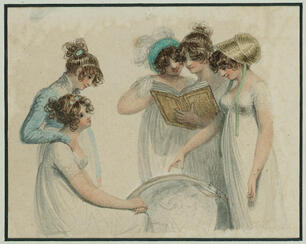 Ladies examining a globe: Adam Buck (1759-1833)
Ladies examining a globe: Adam Buck (1759-1833) In Power Over Themselves, Veena Kasbekar outlines the prominent voices and arguments on each side of the female education debate--I say "each side" because the debate is roughly divided into "radicals" like Mary Wollstonecraft and "reactionaries" like Hannah More. While Kasbekar makes it clear which team she's on, she presents the arguments clearly.
When I started reading novels of the long 18th century, I was surprised how often the topic of education came up, and how often the education the heroine or some other character received, or didn't receive, was mentioned by the author either directly or indirectly. For example, in Mansfield Park, Jane Austen stresses that Maria and Julia Bertram received a thorough education in dates and facts, but imbibed no moral principles. In Persuasion, Anne Elliott's knowledge of literature, poetry, and belles lettres is just about the only thing that can console her in her dreary life.
Kasbekar writes that novels "served an implicit educational purpose by demonstrating how the hero's or heroine's education directly influenced her or his reaction to the vicissitudes of life and love." As in novels, so it was in eighteenth-century life: in Power Over Themselves, Veena Kasbekar recounts how the writers, philosophers, and moralists of the past fiercely debated what sort of education women should receive, what sort of knowledge they were equipped to handle, the purpose of that education, and the dangers of too much education.
I am personally interested in the novels but many types of literature are discussed in Power Over Themselves, including the infamous conduct books and sermons for young women, and guides to female education, written for women by women.
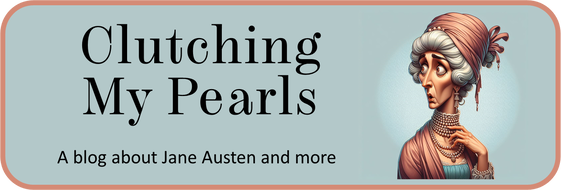
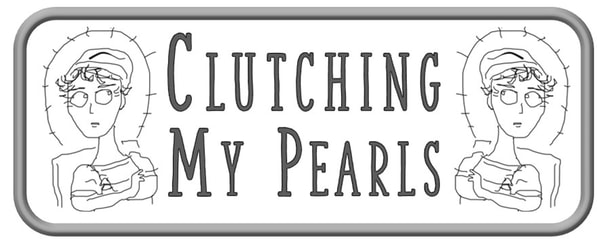
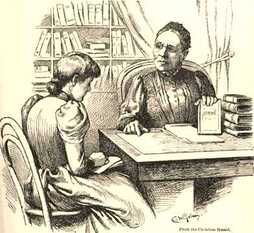
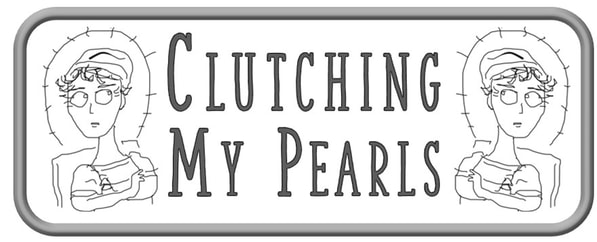
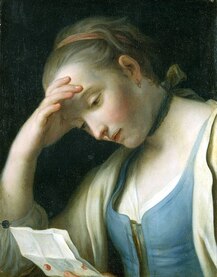
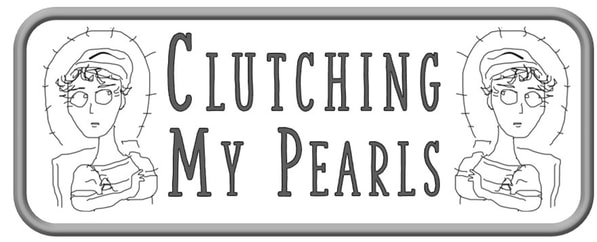
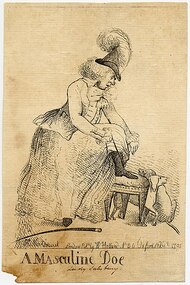
 RSS Feed
RSS Feed